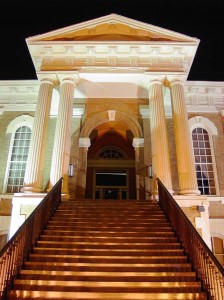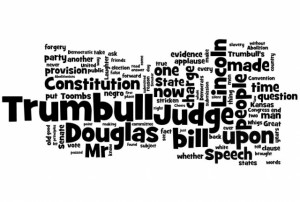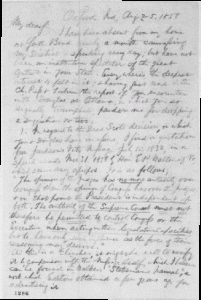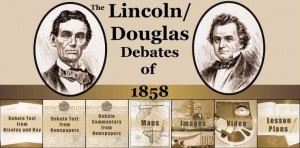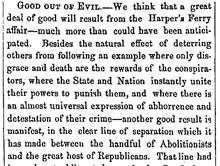
Last week I discussed a southern newspaper that argued that only legal means should be used against abolitionists who threatened southern communities. Immediately after the Harpers Ferry Raid, however, this newspaper had a different perspective. The editor was not concerned about abolitionists invading the South, but rather argued in late October 1859 that Harpers Ferry would actually reduce sectional tensions. “We think that a great deal of good will result from the Harper’s Ferry affair – much more than could have been anticipated,” as the Fayetteville Observer explained. Only “fanatics” in the North supported Brown’s raid. The Observer also argued that Harpers Ferry would split the Republican party. An editorial in an Indiana newspaper was one of “many…signs of conservative Republicans [who were] cutting loose from the ultra fragments of their party.” While the Observer later admitted that Brown’s raid had not “heal[ed] the sectional breach,” it is still important to consider this newspaper’s initial reaction.
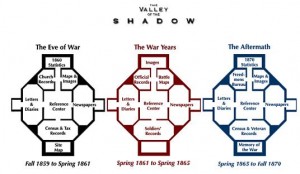
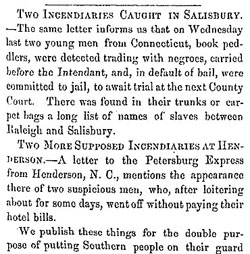 The South’s reaction to John Brown’s attack is often characterized as a violent one. “The shock and fear John Brown had instigated fueled widespread panic…[that] fed into paranoia vented in aggressive acts,” as historian David Reynolds explains. Yet not all southerners accepted violent actions. Protecting their communities remained a high priority, but these southerners argued that extralegal means should not be employed. Not only were existing laws more than sufficient, but violent actions impugned southern honor. Someone who “was tarred and feathered” “for sympathsing [sic] with old Brown” may have “richly deserved his punishment,” but the
The South’s reaction to John Brown’s attack is often characterized as a violent one. “The shock and fear John Brown had instigated fueled widespread panic…[that] fed into paranoia vented in aggressive acts,” as historian David Reynolds explains. Yet not all southerners accepted violent actions. Protecting their communities remained a high priority, but these southerners argued that extralegal means should not be employed. Not only were existing laws more than sufficient, but violent actions impugned southern honor. Someone who “was tarred and feathered” “for sympathsing [sic] with old Brown” may have “richly deserved his punishment,” but the 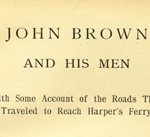 “
“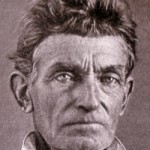 The Smithsonian recently published “
The Smithsonian recently published “
